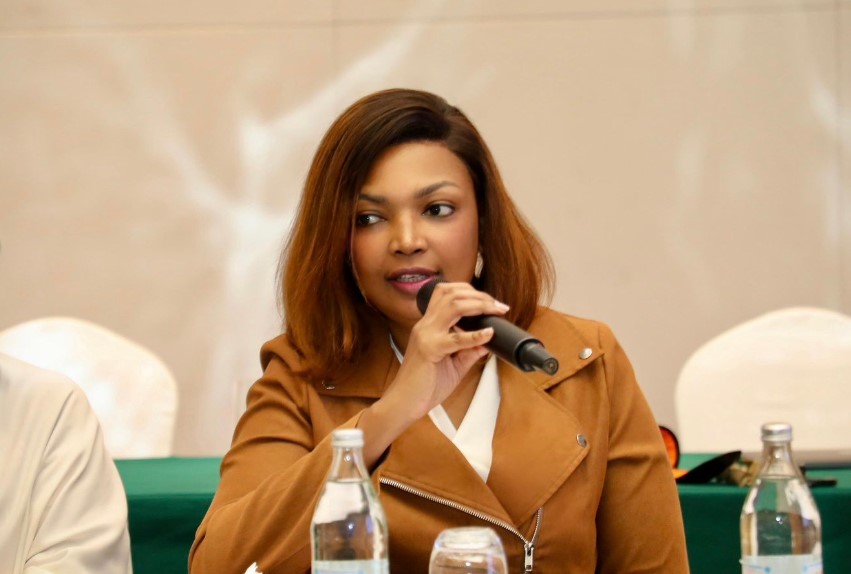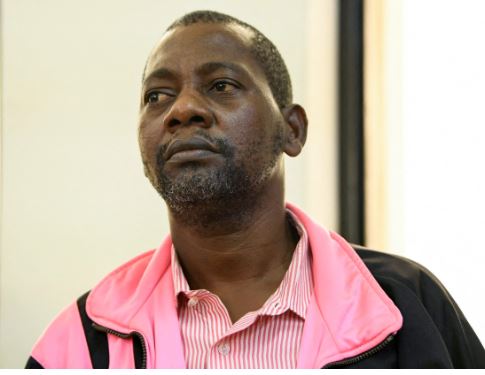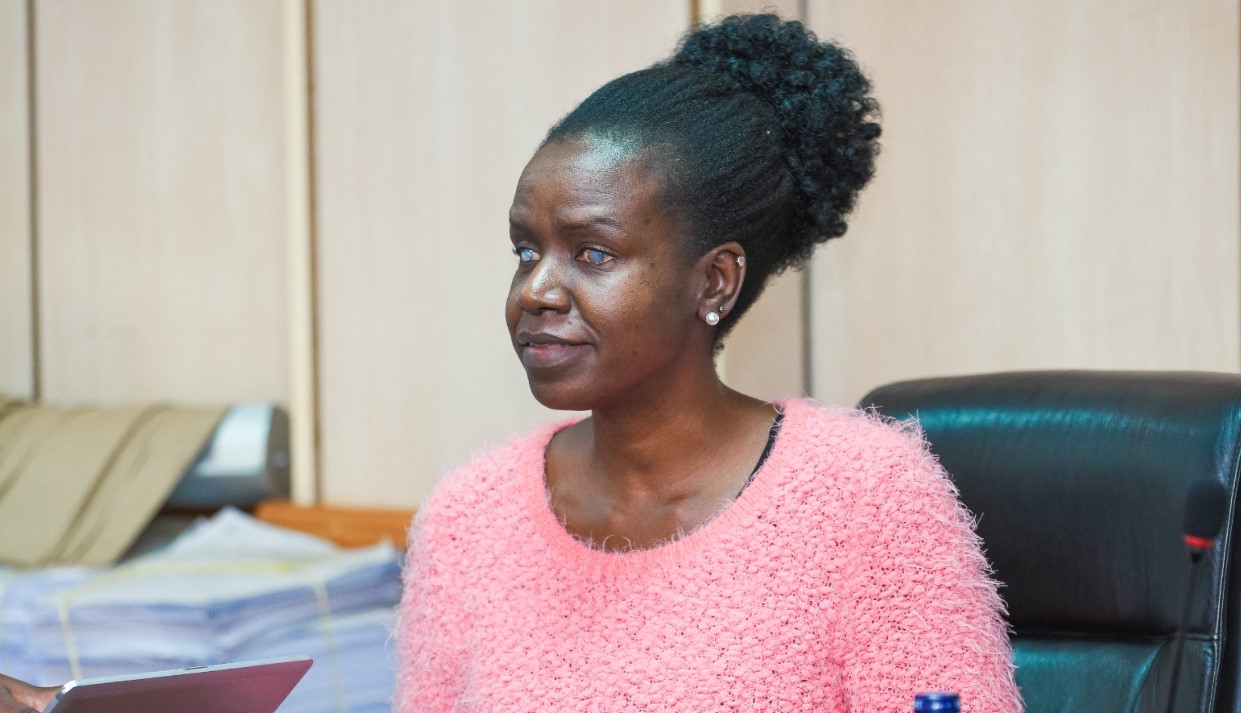US Foreign Relations Committee warns of Washington ‘diminishing’ influence in Africa
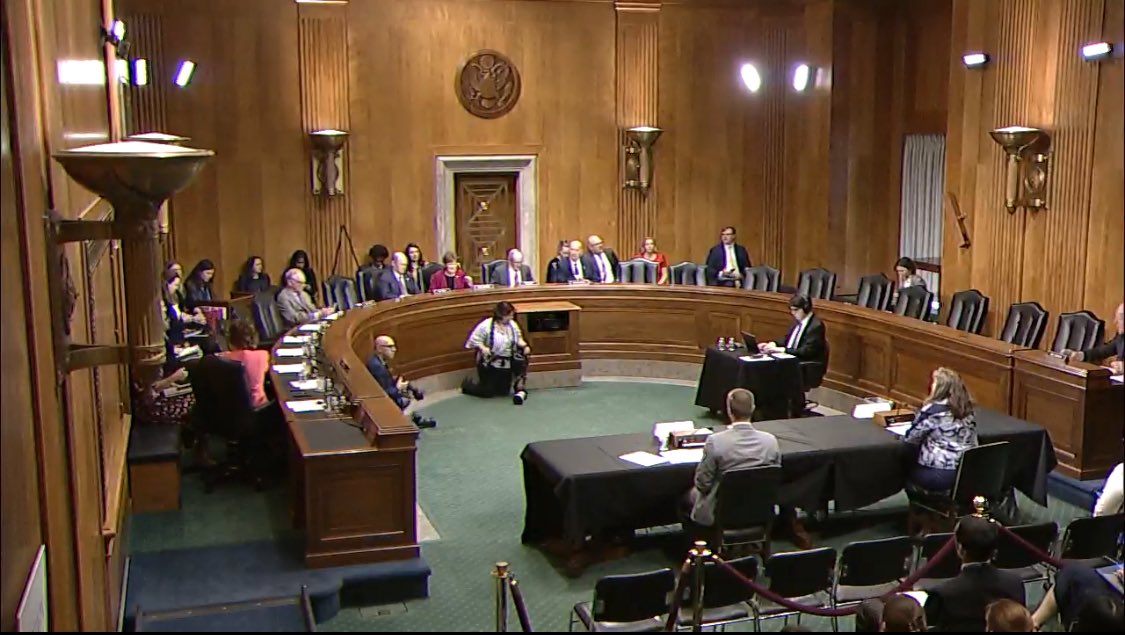
The session, titled “East Africa and the Horn: At a Turning Point or Breaking Point?”, saw senators assess what they described as the US’s diminishing influence on the continent, explore its causes, and debate potential strategies for recovery.
The US Senate Foreign Relations Committee has warned that America’s relations with Africa are in a state of crisis and at risk of being overtaken by rival powers, including China, Russia, Iran, and countries in the Middle East.
“We are in a state of crisis right now when it comes to our relations with the continent. Our competitors—Iranians, Russians, Chinese, and others who do not always align with our values, such as the Emiratis—are flooding the zone, while we are retreating stunningly,” Senator Cory Booker said during a heated committee session on East Africa and the Horn of Africa.
More To Read
- Kenya reaffirms commitment to political solutions for regional conflicts
- COP30: Children, young people at climate talks: seen, photographed, but not allowed to decide anything
- Report paints Africa’s grim reality on poverty, inequality reduction
- Is Western influence on African democracy fading?
- Rwandan president Paul Kagame urges equal partnership between Africa, Europe
- Palm trees in Africa are in decline: These botanists made a plan to do something about it
Committee Chairperson Senator James Risch questioned how the US could engage with governments such as South Sudan’s, which it considers only partially legitimate, having been brought to power through a peace agreement that is regularly violated.
“Ethiopia, Kenya, and Uganda each face significant domestic challenges that severely limit what US investments can achieve. These facts, unfortunately, demand our restraint. Many African nations also maintain troubling ties with China, including key national security partners,” he said.
The session, titled “East Africa and the Horn: At a Turning Point or Breaking Point?”, saw senators assess what they described as the US’s diminishing influence on the continent, explore its causes, and debate potential strategies for recovery.
The senators agreed that the shift in US foreign policy, which has seen the country prioritise domestic concerns and redirect resources internally, leading to the downsizing of the US Agency for International Development (USAID), has had a significant negative impact on the continent.
Reduced support for health programmes, counter-terrorism efforts, and other initiatives has prompted many African nations to seek partnerships elsewhere. As a result, the region has become a playground for superpowers vying for influence, the committee noted.
Senator Booker acknowledged that the US had missed opportunities to match China's growing presence in Africa.
“We have a colossal problem right now due to our failure to understand that Africa, in many ways, represents the future of humanity. The continent is indispensable to the future strength, prosperity, and health of Americans. It is stunning that we lack a coherent vision for engagement with Africa and are making such monumental mistakes,” he said.
“What the Trump administration is doing now is not only unacceptable, but it amounts to a series of self-inflicted wounds. We are cutting programmes that have promoted economic stability, created opportunities for American companies, and protected public health. In today's world, a public health crisis anywhere is a crisis everywhere.”
The committee had invited two regional experts to provide insight and recommendations.
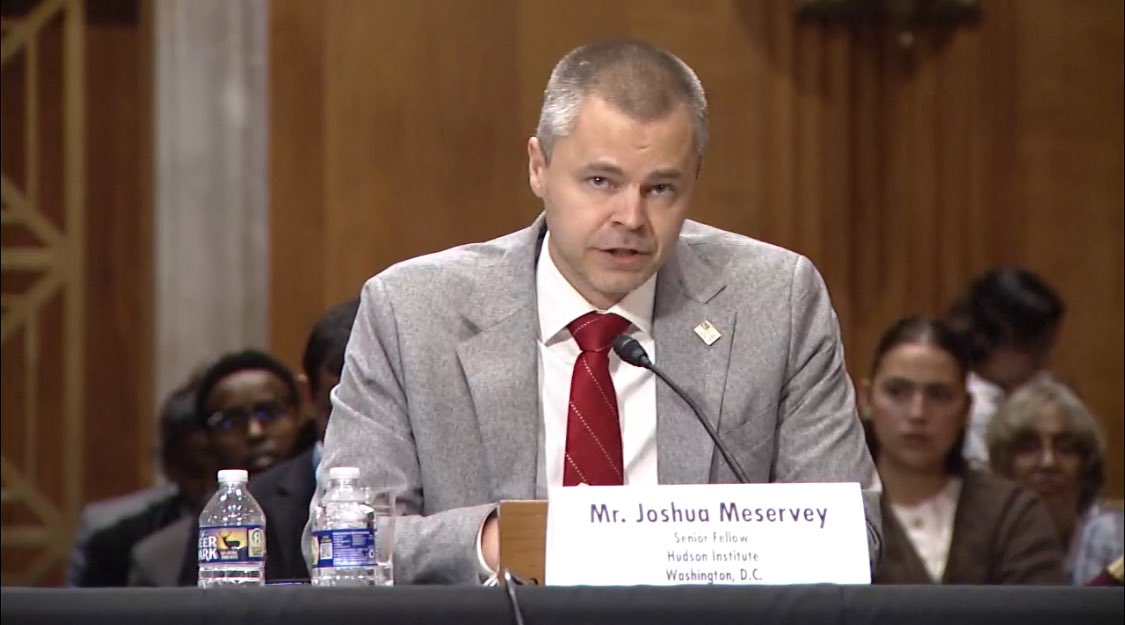 Joshua Meservey, a Senior Fellow at the Hudson Institute, who has previously worked in the region, including Nairobi. (XMohamed Muse Hassan)
Joshua Meservey, a Senior Fellow at the Hudson Institute, who has previously worked in the region, including Nairobi. (XMohamed Muse Hassan)
Joshua Meservey, a Senior Fellow at the Hudson Institute and former regional expert based in Nairobi, told the committee that China has been engaging with African nations at the highest levels through various strategies. These include alleged bribery, offering infrastructural projects that politically benefit incumbent leaders, easy credit, favourable trade deals, frequent diplomatic visits, and public displays of solidarity—all of which have strengthened Beijing’s influence.
“China has had a long-standing, disciplined strategy for the continent, and the US has nothing comparable. That is the foundation of their growing presence,” he said.
He added that China generally prefers stability on the continent to ensure the continuity of its projects, unlike other powers that have at times been accused of fanning regional conflicts.
“They usually avoid direct involvement in such matters. While their diplomatic efforts may appear weak, such as their envoy’s occasional visits to regional leaders, they are consistent. China’s participation in peacekeeping operations is more about building diplomatic goodwill and military experience than resolving conflicts,” Meservey noted.
The senators also expressed concern over China’s military presence, including its base in Djibouti, its anti-piracy efforts in the Gulf of Aden, weapons training, and military deployments.
The committee further highlighted Russia’s expanding influence, particularly its agreement to establish a “logistical support point” in Port Sudan following years of attempts to secure a base. They also noted past support from Wagner mercenaries to Sudan’s Rapid Support Forces (RSF).
Michelle Gavin, a Senior Fellow for Africa Policy Studies at the Council on Foreign Relations, warned that long-standing problems—including understaffed US embassies and low prioritisation of African affairs—have combined with recent abrupt changes in foreign aid to allow US adversaries to portray Washington as disinterested and unreliable.
“Other anti-American narratives point to the US’s dominance in the post-Cold War era and paint it as the enforcer of a painful, unjust status quo. That is one reason why BRICS has such appeal across the region,” she told the committee.
The meeting suggested ending US military support to the UAE to weaken the RSF’s military capabilities and instead ramping up diplomatic efforts to end the three-year conflict, noting that there is no military solution.
In relation to Ethiopia and Eritrea, the experts recommended renewed mediation, despite the complexities, and called for more African Union member states to press for full implementation of the Pretoria Agreement.
The committee also noted that Somalia had begun normalising diplomatic relations with Iran in the previous year, while Sudan, described as a hotbed of instability, had done so the year before, with Tehran reportedly helping the Sudanese Armed Forces (SAF) reclaim territory and assisting Ethiopia during the Tigray conflict.
Other regional powers such as Qatar, Saudi Arabia, Türkiye, and the UAE were recognised as having invested heavily across East African sectors, including agriculture, mining, and renewable energy. Qatar was also credited with mediating disputes in Djibouti, Sudan, and currently between the Democratic Republic of Congo and Rwanda. It has also reportedly funded Somali politicians and provided aid through Islamist organisations.
The committee recommended deepening commercial ties with Africa, even where full government legitimacy was questionable.
“At the heart of a properly formulated East Africa strategy would be commercial engagement. Increased American investment and equitable trade would benefit the US economy, draw countries closer to Washington, and help address critical mineral supply chain issues. Washington should enhance its support for American businesses operating in the region by streamlining the roles of the Development Finance Corporation, the US EXIM Bank, and related agencies,” Meservey concluded.
Top Stories Today

